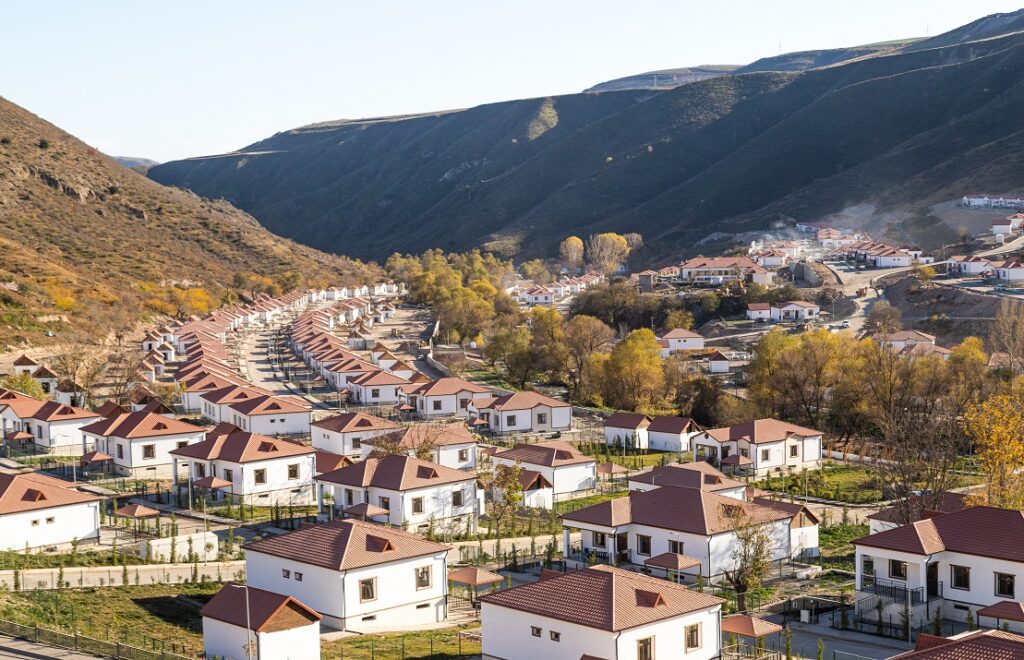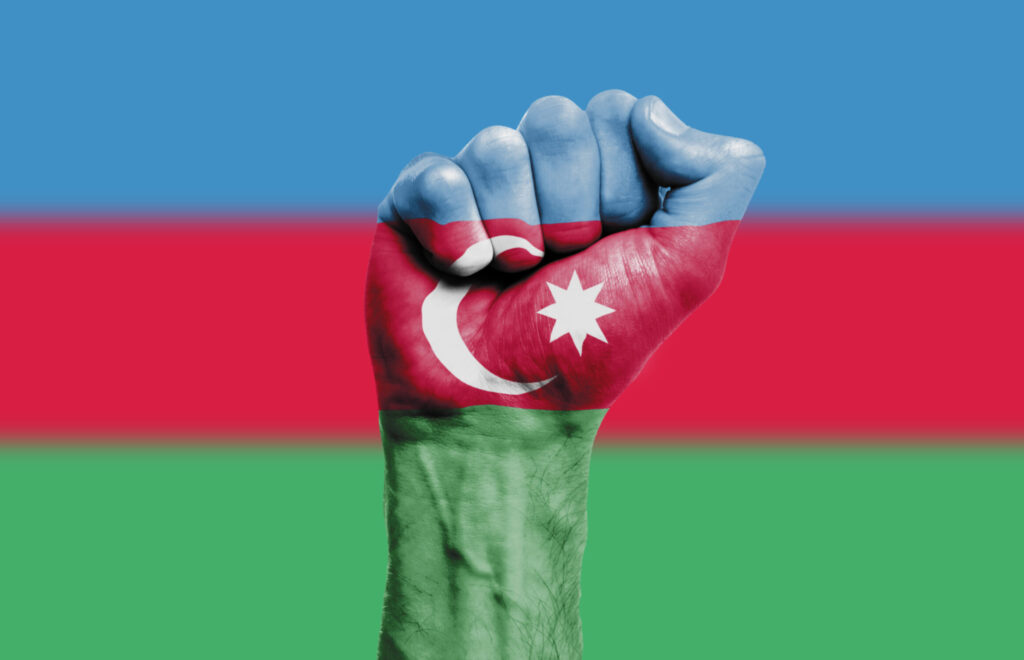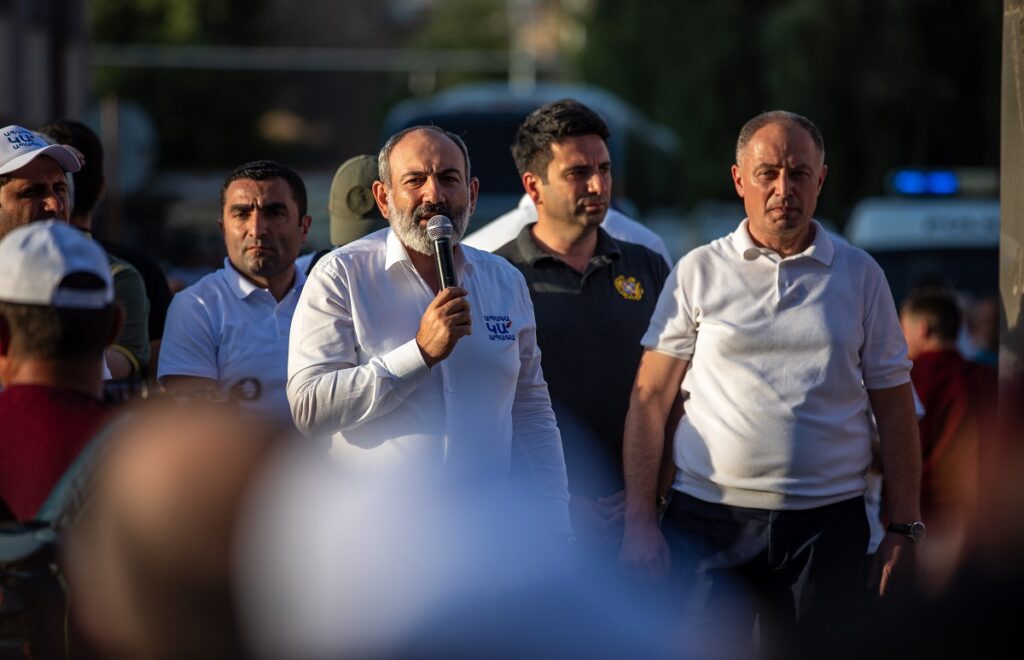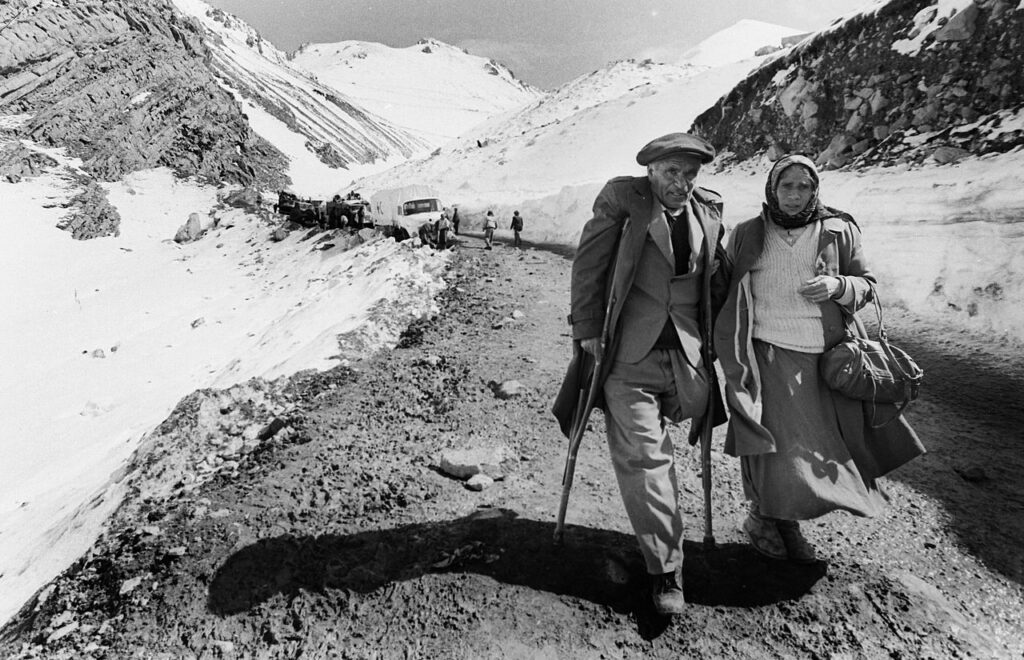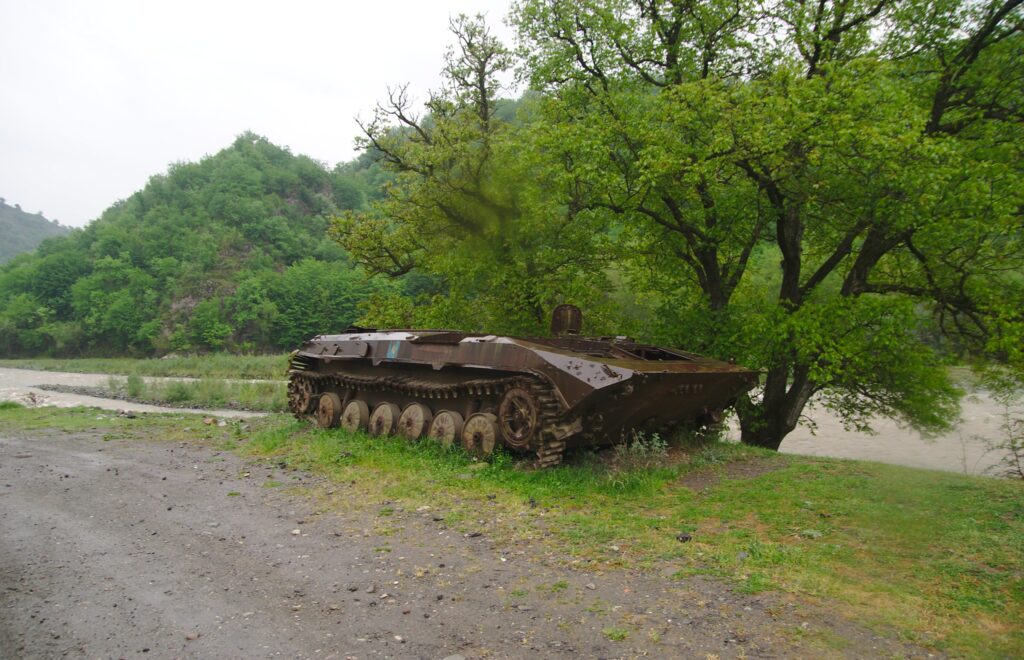Navigating the new reality: Armenians seeking adjustment after leaving Nagorno-Karabakh
After many years of negotiations under the co-chairmanship of the OSCE Minsk Group, in September 2020, Azerbaijan decided to resolve the Nagorno-Karabakh (in this article many of the interlocutors refer to the region as “Artsakh”, which is its name in the Armenian context – editor’s note) conflict via military means and attacked the region. As a guarantor of the security of the Armenians living there, Armenia supported the local population.
April 11, 2024 - Razmik Martirosyan



